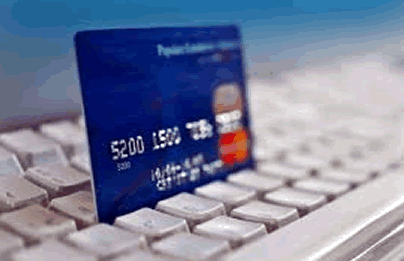Report says Ghana government shows leadership in digitising payment systems
 A Diagnostic Report of Ghana’s Digital Payment Ecosystem, launched on Wednesday, shows that 86 per cent of the value of government payments are done electronically.
A Diagnostic Report of Ghana’s Digital Payment Ecosystem, launched on Wednesday, shows that 86 per cent of the value of government payments are done electronically.
The Report, therefore, commended the Government for rolling out digital initiatives, including an electronic service portal, to facilitate business transactions and quality service delivery.
It indicates that the Government has shown leadership and commitment towards the digitisation of the Ghanaian economy.
The Study was conducted by the Bankable Frontier Associates, an independent consultant, between April and June this year, and funded by the Better Than Cash Alliance.
The Report, therefore, diagnoses the progress of digital payments and the challenges that lie ahead.
This is to help Ghanaian policy-makers and private sector decision-makers accelerate their progress towards digitisation.
Presenting the highlights of the Report at a Stakeholders’ Meeting, in Accra, Madam Aneth Kasebele and Madam Elly Ohene-Adu, both from the Bankable Frontier Associates, said the nation was making a lot of progress digitising the payment system.
Madam Kasebele said the Government’s plan of improving the levels of financial inclusion, with good internet connectivity and expansive mobile money agent networks attested to its commitment.
She said, for instance, in 2016, mobile money merchants facilitated GHc550 million financial transactions.
Madam Kasebele said 37 per cent of the value of all payments were now made digitally of the estimated GH¢561 billion payments processed through electronic channels annually.
In addition, she said, the Government’s implementation of a Treasury Single Accounts would improve efficiency and maximise savings from its digitisation efforts.
However, Madam Kasebele noted that, on the whole, the vast majority of payments, by volume, were still made in cash – about 99.6 per cent.
She explained: “Individuals continue to purchase essential goods, including food, in the informal economy, which relied on cash”.
Additionally, she explained that, 99 per cent of the GHc6.8 billion transactions conducted in Ghana in 2016 were in cash, with the retail goods constituting 96 per cent, she said.
Madam Kasebele said it was estimated that the annual value of GHc5 billion transactions made by individuals were done through cash representing 71 per cent, while 29 per cent was conducted electronically.
Madam Ohene-Adu outlined some recommendations made in the Report, including; improving payment interoperability, digitising government procurement payments and leveraging electronic fund transfer infrastructure for business-to-business payments, as well as incentivising digital payments at the point of sale.
She said the digital foundation had been set by the Government with the necessary infrastructure base and urged financial service providers to support the digital transition process.
Mr Charles Kofi Adu Boahen, a Deputy Minister of Finance, who launched the Report, said digitisation of the payment system would deepen financial intermediation and enhance fiscal inclusion without risking the safety and soundness of the banking system.
He said it would reduce financial waste and promote efficient transaction processes.
The meeting is on the theme: “Building an Inclusive Digital Payments Ecosystem: The Way Forward”, which brought together experts from the financial institutions, bankers, financial analysts, economists and legal practitioners.
The Better Than Cash Alliance is a partnership of governments, companies and international organisations that accelerate the transition from cash to digital payments in order to reduce poverty and drive inclusive growth.
The Alliance is located at the United Nations and has 60 members, collaborating closely with other global organisations.
It is an implementing partner for the G20 Global Partnership for Financial Inclusion and being funded by the Bill and Melinda Gates Foundation, Citi Foundation, MasterCard, Omidyar Network, United States Agency for International Development, and Visa Incorporated.
Source: GNA
